By: Tobi Fleck

Dear Church, I’m the young adult you say you want. And I’ve got to admit this: Church, after waiting 18 months for a call because I’m queer, you came so damn close to losing me. I know that the Church as she is, is dying and that something new is being reborn.
So what do I think the Future Church looks like? Honestly, I think it looks like the mission congregation I’m serving today: The Dwelling, Winston-Salem. At The Dwelling we’re focused on two main things: the sacraments and living into God’s active story among our community.
The entire life of The Dwelling is centered in the sacraments. In addition to gathering together every week for a service of Holy Communion, we also eat together. A lot. We’re working on being able to host community meals every Sunday- and we’re halfway there. We gather together not only to receive grace through the meal of the eucharist, but to receive grace through communion with each other.
As a community, we celebrate baptisms, welcoming sisters, brothers, and siblings into the community of faith. And twice a week, The Dwelling’s mobile Shower Trailer rolls out. Our shower trailer is a way that we can share God’s gift of water, and the cleansing, healing properties of water, with our community of folks experiencing homelessness. There are no boundaries around who can shower- if someone wants one, they can get one.
The Dwelling also focuses on finding God active in our community today. No one is barred from entering God’s church at The Dwelling, and we have several folks in active addiction and various levels of recovery. Our leadership team is made up of folks currently experiencing homelessness and folks who have experienced homelessness, but are currently housed. There are no barriers to our leadership team. If someone wants to serve, then The Dwelling finds a place for them to serve.
This type of community- one that focuses not on the brokenness the world names, but on the Belovedness that God names, is the future of the Church. It is a place that acknowledges all are at least a bit broken, and no one has all the answers. It’s a place where folks, even marginalized folks, are leaders of ministry and not solely guests to ministry. It’s a place that listens to the movement of the Holy Spirit and finds ways to join in her dance.
So Church, what will the future look like? My bets are on this.
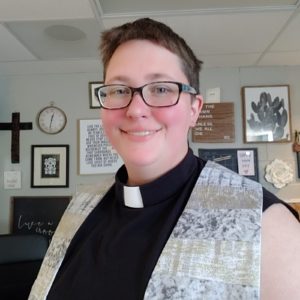 Rev. Tobi Fleck (they/them) currently serves as the associate pastor at The Dwelling, Winston-Salem, a faith community primarily for people who have or are currently experiencing homelessness. In their free time, they enjoy playing games with friends, reading young adult fiction, and spending time out in creation.
Rev. Tobi Fleck (they/them) currently serves as the associate pastor at The Dwelling, Winston-Salem, a faith community primarily for people who have or are currently experiencing homelessness. In their free time, they enjoy playing games with friends, reading young adult fiction, and spending time out in creation.


 Rev. Drew Stever(they/he) serves as Lead Pastor at Hope Lutheran Church in Hollywood, California. Drew likes to take strolls – not too fast, and not too slow. He is a novice front yard bird watcher and is a big fan of Mary Oliver.
Rev. Drew Stever(they/he) serves as Lead Pastor at Hope Lutheran Church in Hollywood, California. Drew likes to take strolls – not too fast, and not too slow. He is a novice front yard bird watcher and is a big fan of Mary Oliver.
 John (he/hym/hys) grew up on a wheat farm in North Central Washington State, far from his current home in metropolitan San Francisco. He’s a seminarian and works as LGBTQIA+ Program Director and as a chaplain with San Francisco Night Ministry <
John (he/hym/hys) grew up on a wheat farm in North Central Washington State, far from his current home in metropolitan San Francisco. He’s a seminarian and works as LGBTQIA+ Program Director and as a chaplain with San Francisco Night Ministry <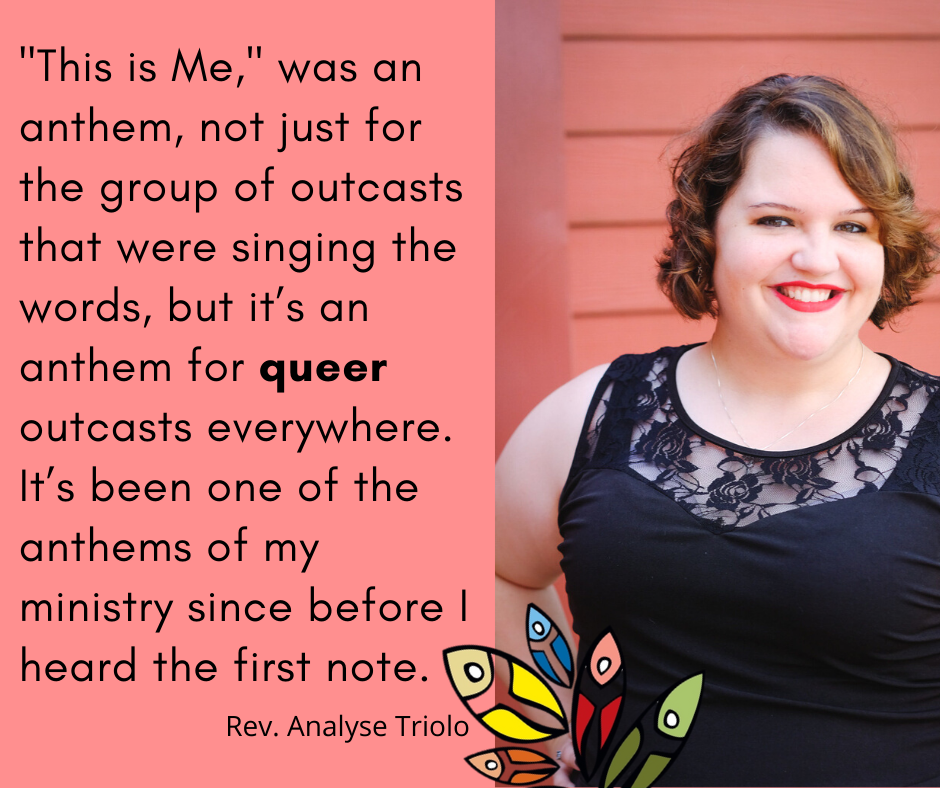
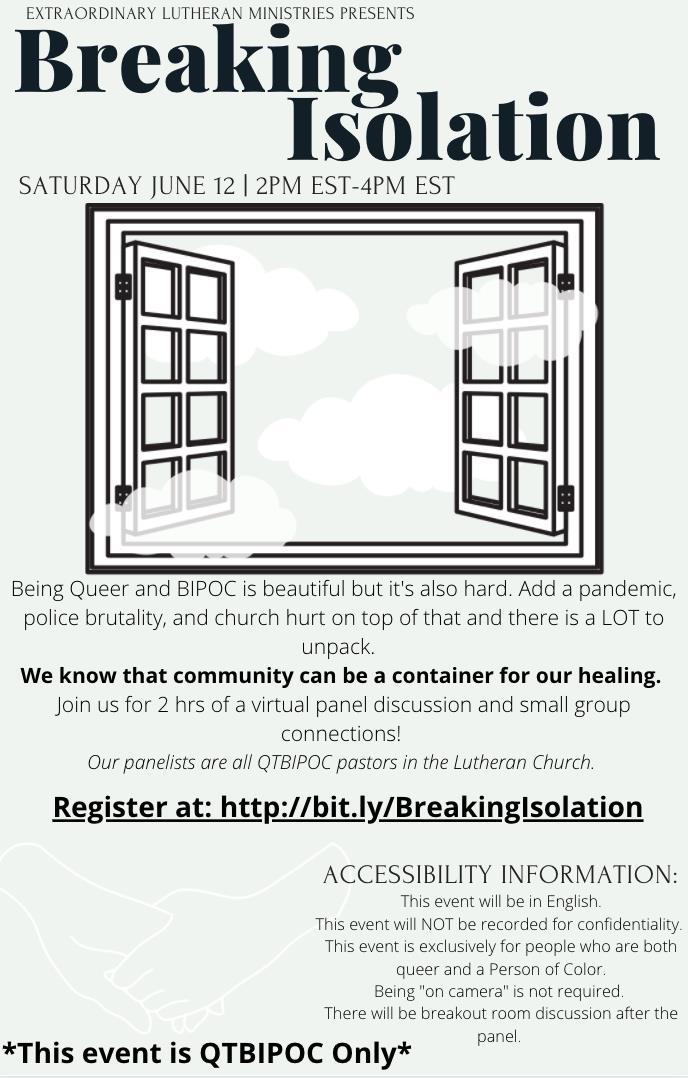
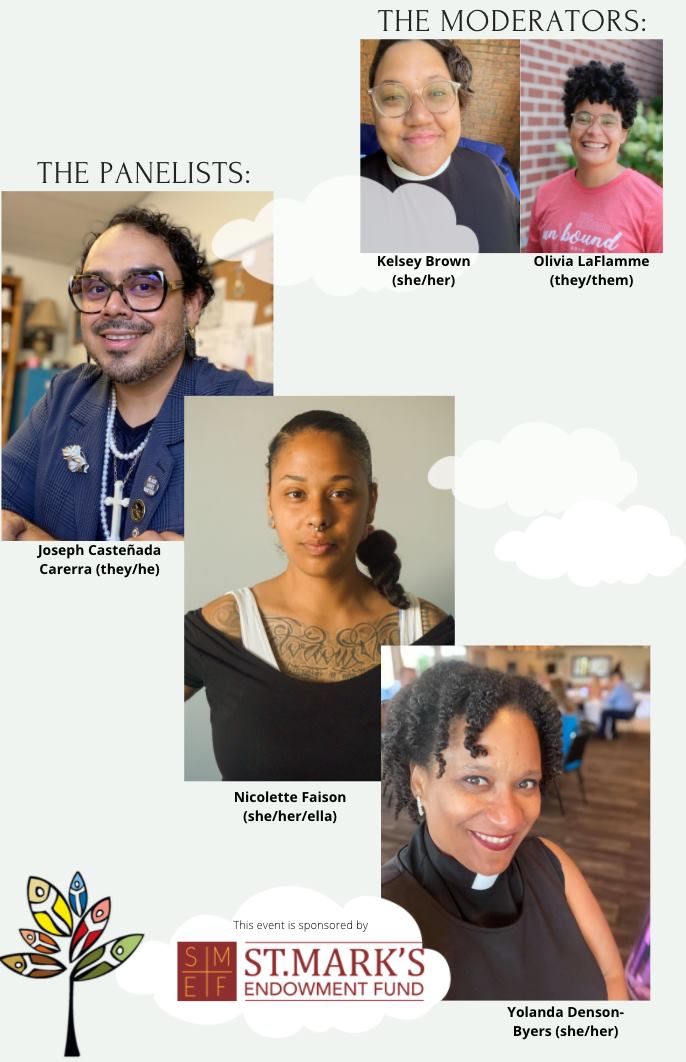
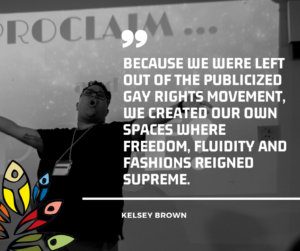
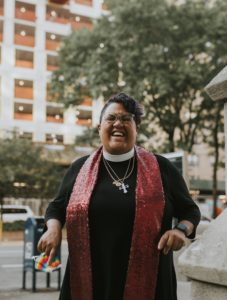
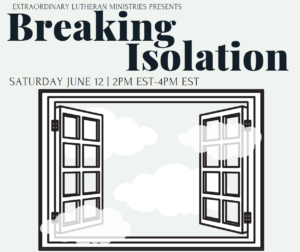
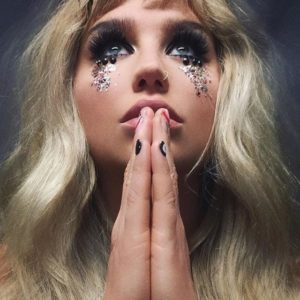
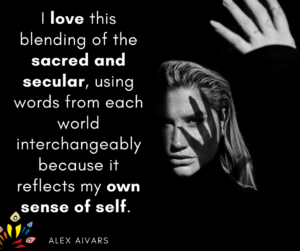
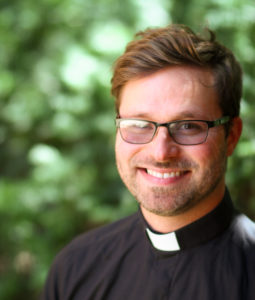
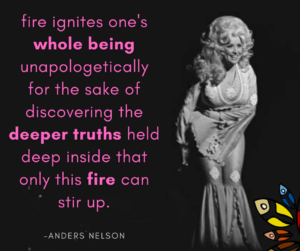
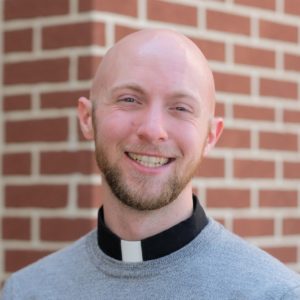

 Lewis Eggleston (he/him)
Lewis Eggleston (he/him) 
 Andrew Tobias Nelson (he/they) is a transmasculine, bi-vocational, spiritually curious minister living in Upstate NY with over 100 houseplants and their fiance, who is a druid in the local pagan community and a really good cook. Always on the lookout for sci-fi and fantasy novels by more diverse authors, trying to stay socially aware without getting overwhelmed. When it’s not covid times, Andrew sings with the Albany Gay Men’s Chorus and seeks out new trails for running in the capital district.
Andrew Tobias Nelson (he/they) is a transmasculine, bi-vocational, spiritually curious minister living in Upstate NY with over 100 houseplants and their fiance, who is a druid in the local pagan community and a really good cook. Always on the lookout for sci-fi and fantasy novels by more diverse authors, trying to stay socially aware without getting overwhelmed. When it’s not covid times, Andrew sings with the Albany Gay Men’s Chorus and seeks out new trails for running in the capital district.